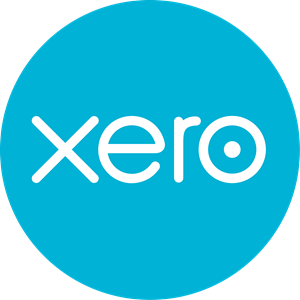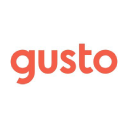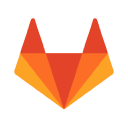How I Started A $750K/Year Web Development Agency
Hello! Who are you and what business did you start?
I’m Ty Fujimura, Founder, and CEO of Cantilever Web Design and Development. We work with clients from the International Monetary Fund and IBM to local small businesses and startups. They come to us because they are looking for superior results from their websites, and we deliver that by providing their visitors with an outstanding experience and giving them a reason to come back.
Our core value is “Digital Hospitality” – the idea that a website is a place people inhabit, not a billboard they see from a distance. We like to say we aren’t just a technology company, we’re a hospitality company. I’m so proud when I read our Glassdoor reviews and our Clutch reviews, both of which speak to the effort we’ve put in to make work better for our clients and our people.

Download the report and join our email newsletter packed with business ideas and money-making opportunities, backed by real-life case studies.

Download the report and join our email newsletter packed with business ideas and money-making opportunities, backed by real-life case studies.

Download the report and join our email newsletter packed with business ideas and money-making opportunities, backed by real-life case studies.

Download the report and join our email newsletter packed with business ideas and money-making opportunities, backed by real-life case studies.

Download the report and join our email newsletter packed with business ideas and money-making opportunities, backed by real-life case studies.

Download the report and join our email newsletter packed with business ideas and money-making opportunities, backed by real-life case studies.

Download the report and join our email newsletter packed with business ideas and money-making opportunities, backed by real-life case studies.

Download the report and join our email newsletter packed with business ideas and money-making opportunities, backed by real-life case studies.


























